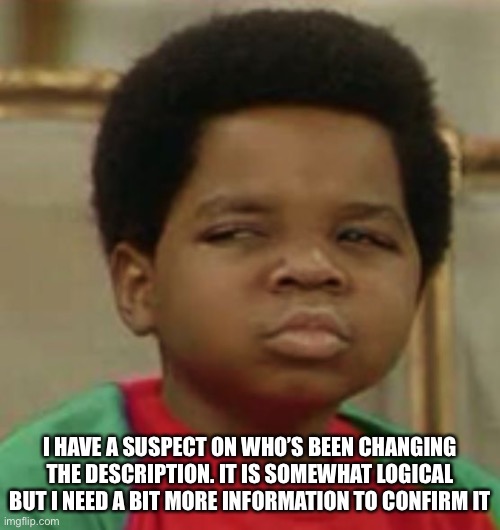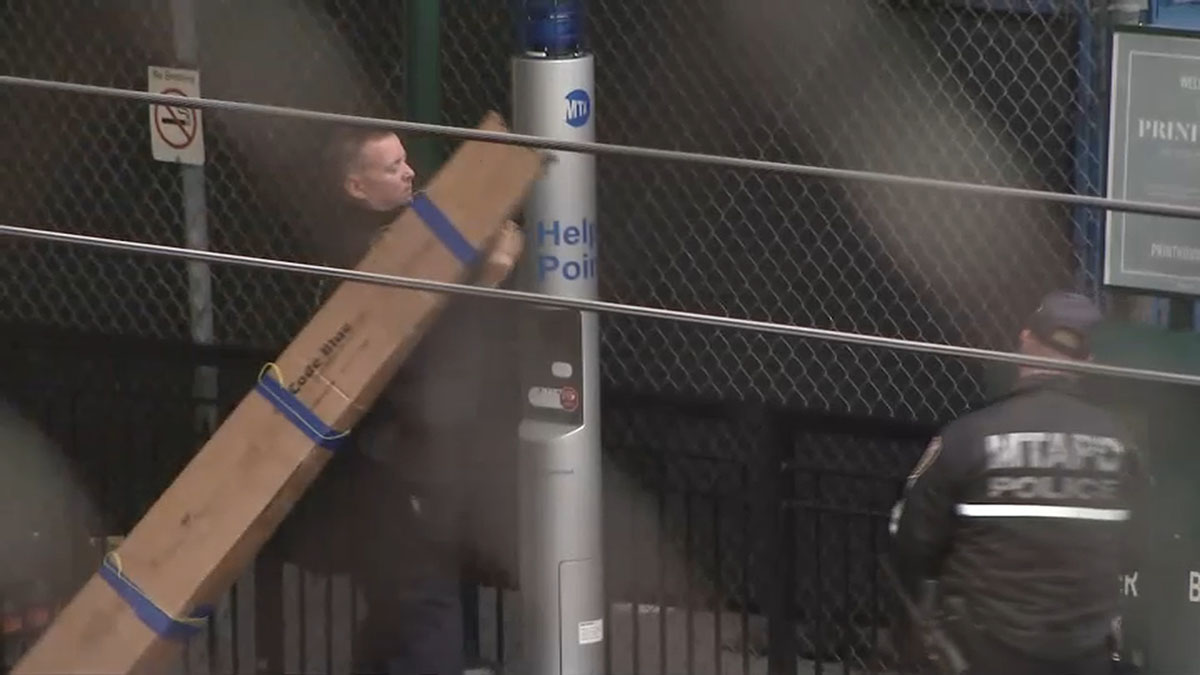
Sometimes, though, it’s used to describe a person who’s suspicious in general-meaning that they’re generally skeptical or distrustful. The word is commonly used to describe a person who is suspicious of someone or something in a specific situation. To be suspicious of someone most often involves suspecting that they are engaged in some wrongdoing, as in My parents became suspicious of me when I kept asking whether they’d be home tomorrow. Report your concerns to law enforcement.To be suspicious is to have a suspicion about someone or something, especially to have a feeling of distrust about the person or thing.

Here are common guidelines to follow when approaching a suspicious person, regardless of the circumstances: If you feel uncomfortable challenging a suspicious person, or if your suspicions continue after making contact, report the situation to law enforcement or security immediately. Never enter into a situation where you feel unsafe.

It is not your role to replace law enforcement or security. Someone with the intent of engaging in criminal activity does not want attention drawn to them. If a person is here for legitimate reasons, he or she will appreciate the attention that you show them. "Challenge" means to tactfully and politely greet the individual and offer your assistance. Do not handle these call security or the police and provide the location.ĭuring the course of your job you may have to challenge a suspicious person. Chemical smells or fumes that don't seem normal.An unfamiliar person loitering in a parking lot, government building, or around a school or playground.Any type of activity or situation that seems alarming or unusual within the normal routines of your community or workplace.Someone suspiciously exiting a secured, non-public area near a train station, airport, tunnel, bridge, government building, or tourist attraction.A backpack, piece of luggage, or briefcase that has been left unattended or abandoned in a crowded place like a shopping center, airport, sporting event, office building, or school.Improper spellings of common places or titles.Excessive postage or no postage at all.Wrapping with string or excessive amounts tape.Unusual bulges, leaks, stains or protruding wires.Someone bragging or talking about plans to harm people in violent attacks or claiming interest in or membership in a terrorist organization that advocates the killing of innocent people.Someone asking questions about a building’s purpose, operations, security procedures, personnel, shift changes, etc., at a level beyond curiosity.Taking notes or measurements, counting paces, sketching floor plans, etc.Unusual, repeated, and/or prolonged observation of a building (e.g., with binoculars or video camera).

Look for the person with the suspicious package professional#


 0 kommentar(er)
0 kommentar(er)
